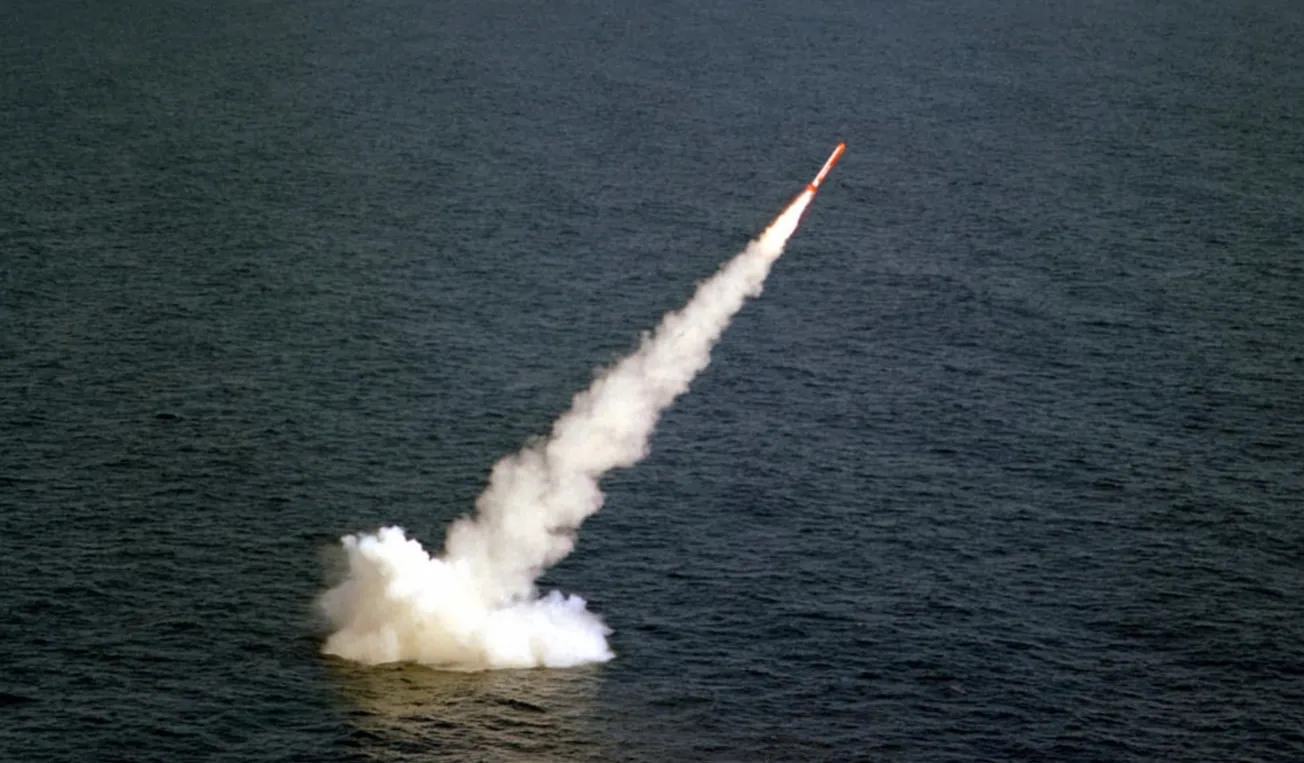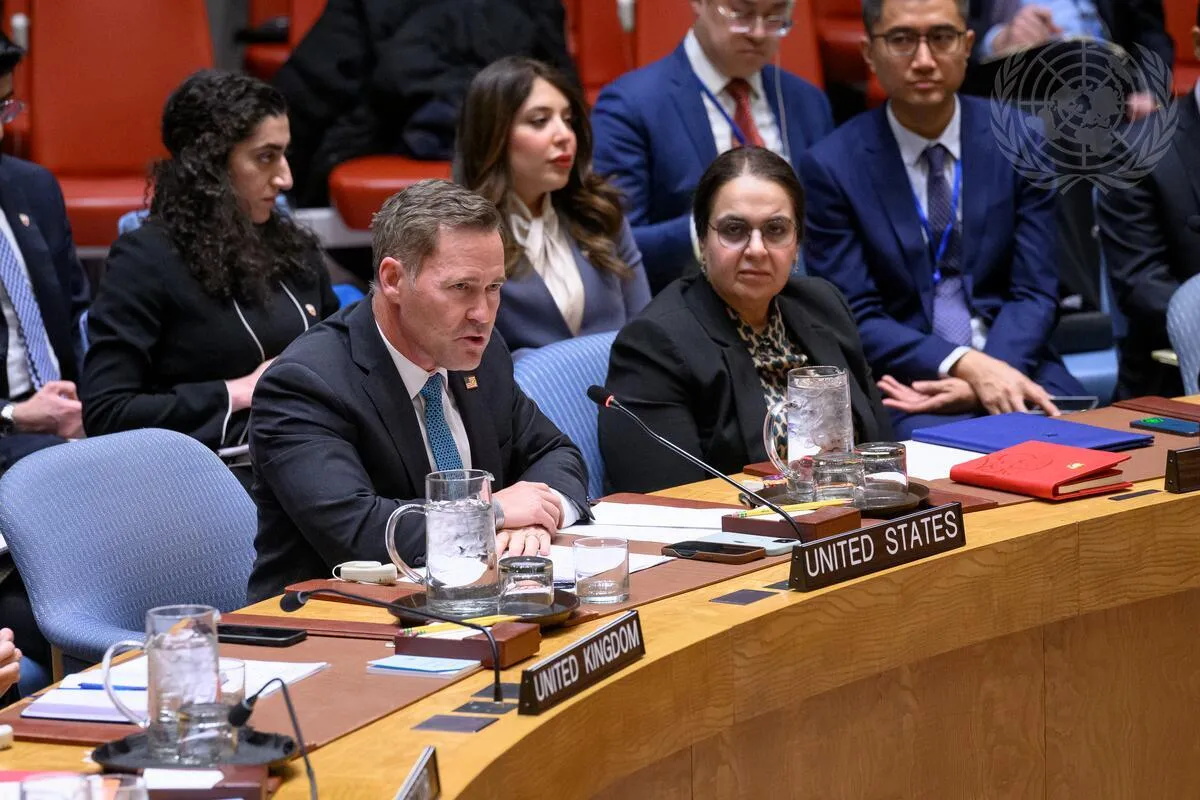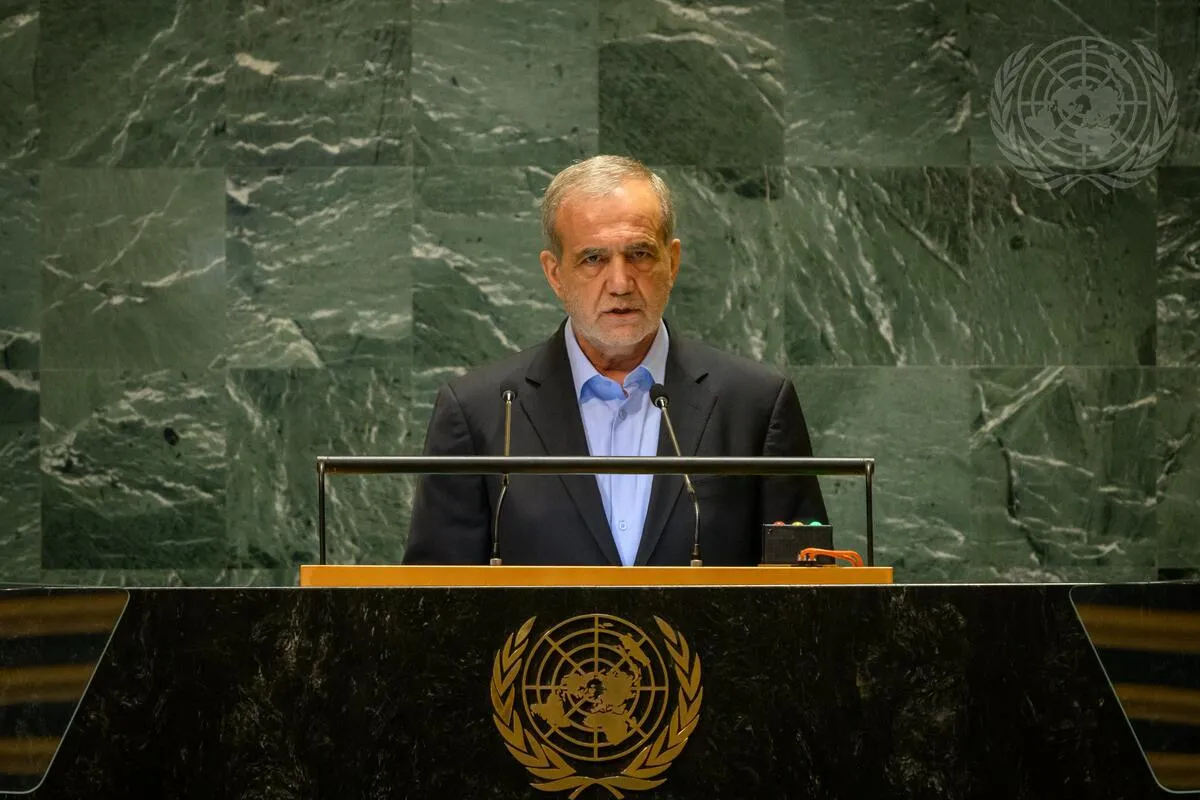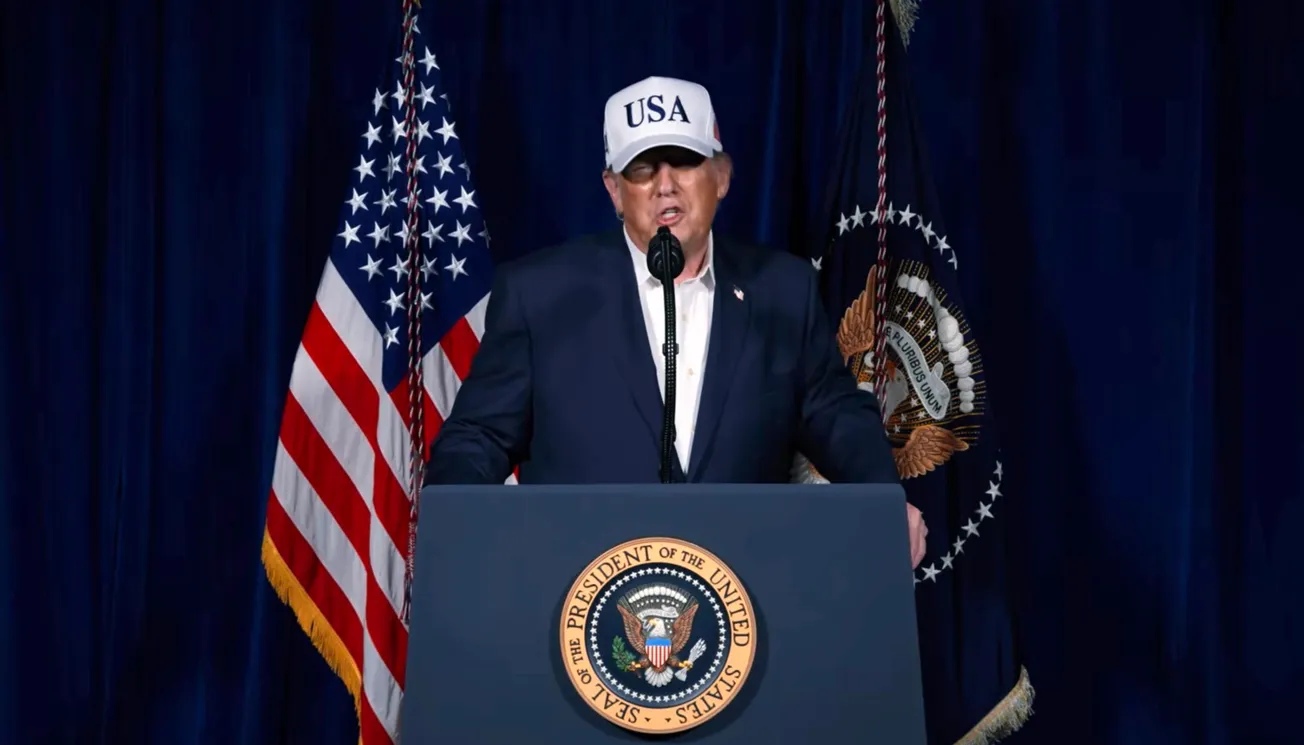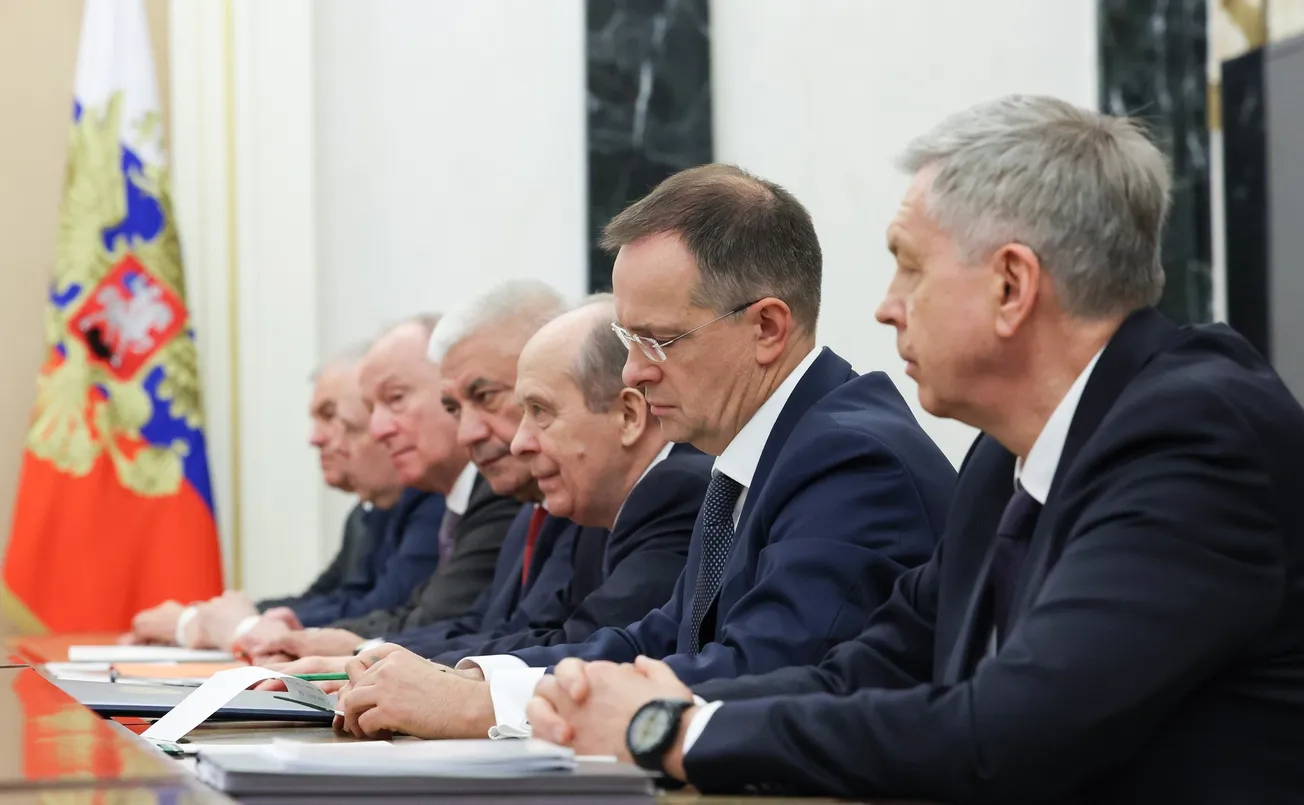On Aug. 20, the New York Times reported that the Biden Administration last March had quietly approved a new “Nuclear Employment Guidance” involving preparing to fight and “win” a three-front nuclear war against Russia, China and North Korea.
There are multiple indications that such a war is meant to include preemptive U.S. nuclear first strikes: the American decision to place long-range nuclear-capable missiles on German territory; the NATO-sponsored invasion of Russia’s Kursk region, to establish the precedent for direct attacks on Russian territory; the impending authorization of providing JASSM and other sophisticated long-range missiles to Ukraine, to carry out such attacks; “super-fuse” and other technical adaptations of American nuclear warheads whose only purpose is to increase the “kill ratio” of a preemptive nuclear attack.
Add to that the Sept. 2 report in London’s Financial Times that the U.S. Biden administration and the United Kingdom are about to revise their existing Mutual Defense Agreement (MDA)—which joins the two countries’ nuclear weapons programs at the hip—to extend it indefinitely without requiring renewal. In other words, de facto make the MDA a U.S. treaty—without the inconvenience of having to get it approved by the Senate, as the Constitution requires.
Malcolm Chalmers, the deputy director of the Royal United Services Institute (RUSI, the British Empire’s oldest and most prestigious think-tank), who in 2022 had called for playing a nuclear chicken-game with Russia over Crimea, celebrated the MDA victory: “It’s good news for the U.K. that it doesn’t need to worry about a future U.S. administration using a future renewal as leverage.”
Like the set of agreements reached at the July 9-11 NATO summit in Washington, what is being packaged as “Trump-proofing” NATO’s war strategy against Russia, is actually meant to “nation-proof” this demented policy and place it out of reach of any government in any country at any time.
Small wonder then, that Kremlin spokesman Dmitry Peskov on Sept. 4 joined President Putin, Foreign Minister Lavrov, Deputy Foreign Minister Ryabkov, and other high-level Russian spokesmen in announcing that their government was in the process of revising their own no-first-strike nuclear doctrine, “against the backdrop of challenges and threats, prompted by countries of the so-called collective West.”
Some of the most respected statesmen and experts in the West are raising their voices against the policy insanity now gripping Washington and European capitals, and will be addressing the 66th consecutive weekly of the International Peace Coalition (IPC) this Friday, Sept. 6. They include Dr. Ted Postol, MIT Professor Emeritus and one of the world’s leading experts on nuclear weapons; Ambassador Jack Matlock, a scholar of Russian history and culture who was President Reagan’s choice in 1987 for the crucial post of ambassador to the Soviet Union; and Schiller Institute founder Helga Zepp-LaRouche.
In an Aug. 29 interview with Turkish Prof. Dr. Hasan Ünal for the Harici YouTube channel, which ran under the title “The Risk of a Third World War Is Growing! We Are Facing a Nuclear Threat That Could Destroy Humanity,” Zepp-LaRouche stated:
“I think we are really in an extremely dangerous moment in history. Because you have a minority in all countries who are extremely worried that we may end up in a nuclear war, which would be the annihilation of the entire human species…
“The problem is that western society has gone in the opposite direction, not thinking about the physical economy, but thinking about money. That was a change which actually occurred on the 15th of August, 1971, so just a couple of days ago we had the 53rd anniversary of that fateful decision of President Nixon, when he decoupled the dollar from the gold standard, he replaced fixed exchange rates with floating exchange rates. And my husband Lyndon LaRouche was the only economist who at that time prophetically said: If you continue on that road to monetarism, we will end up in a new depression, in a new danger of fascism, a new danger of a new world, unless we go in the direction of a completely different economic system.
“And we are experiencing right now exactly the realization of his forecast: We are in a new depression; we are in the danger of a new fascism; and we are threatened with a new world war.”
Stop the madness while we still can. Join the IPC at its upcoming 66th meeting on Sept. 6.


